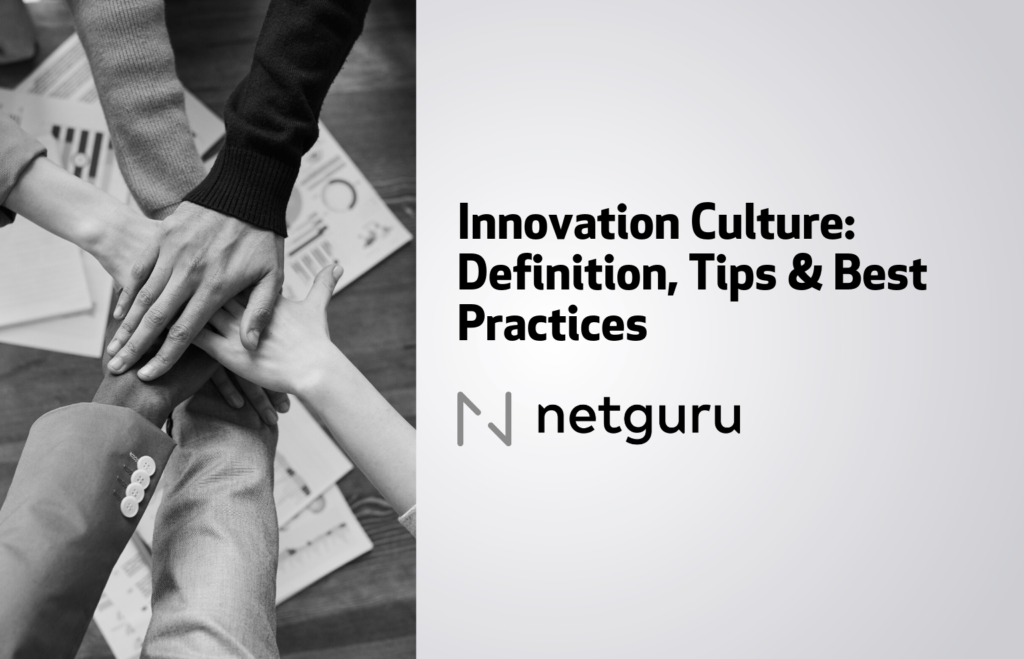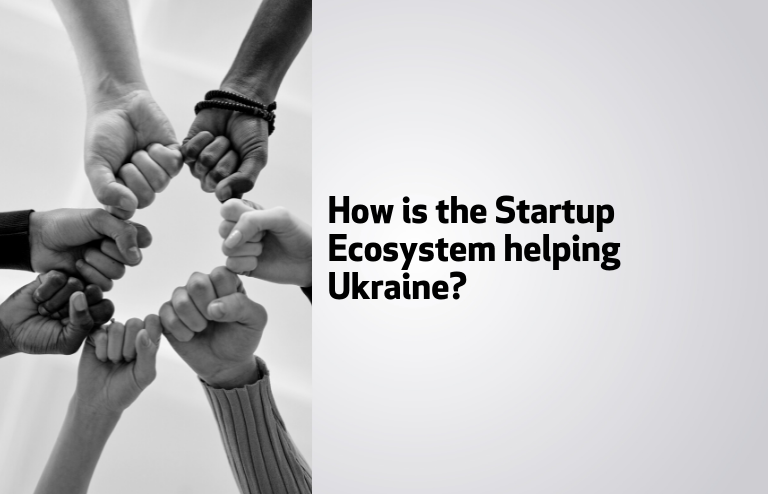The HR industry is among those with the highest number of future challenges and one of the most dynamically developing fields in business today. As a result human resources departments are facing perhaps their biggest transformation ever. Business and technology-wise, the upcoming disruption will impact workforce significantly. The role of HR will become far more interdisciplinary. Josh Bersin, the unquestionable HR and Employer Branding thought leader, compares the HRtech market boom of 2019 to a typhoon.
The HR technology market is expanding faster than ever. According to recent research, the HRtech market will be worth $30 billion by 2025. This expansion has been partially driven by massive investment in HR technology solutions and partially by the explosion of data in HR. The switch from traditional software and systems to a cloud-based Software-as-a-Service (SaaS) model has helped organizations record, store, consolidate and centralize all HR data.
The most important trends to follow and challenges to be faced by HR in the upcoming years are:
- Creating a culture of continuous engagement
In today’s economy, keeping your employees focused, motivated and making them stay longer with the organization becomes a must. Organizations need to monitor and improve the employee experience during the entire employee lifecycle. This becomes both a cultural and technological issue for businesses.
- Artificial Intelligence in the flow of work
AI in HR is probably the biggest driver for transformation. AI can completely reimagine HR processes and talent management. Employee productivity and the overall quality of work can be improved by chatbots, predictive analytics and automation. AI can help HR professionals and recruiters automate time consuming, repetitive tasks and in case of employees, AI supports the recruitment process, improves candidate experience, makes communication more efficient, supports microlearning etc.
- Data Analytics
Data quality and integrity is the foundation for such technologies as artificial intelligence and people analytics. HR professionals who embrace the power of data can make measurable, transparent, and comprehensive business decisions easier and more reliably. From 2019 on, HR leaders and vendors will need to manage the data that is fed to smart systems and algorithms. SaaS solutions have already significantly improved the quality of data, yet there is still a lot to be taken care of, e.g. ethics or cognitive biases.
All these changes will require the HR teams to embrace new skills and to invest in lifelong education to learn how to deal with technology and data.
Modern organizations require HR, IT and business leadership to join forces and solve problems together. One of the most important conclusions from the 2018 Deloitte Human Capital Trends was that C-Suite management wasn’t cooperating closely enough on cross-organizational issues. Facing low unemployment, worrying demographics, an ultra-competitive labor market, and the increasing need for productivity, global economy requires a 360-degrees approach and cross-divisional collaboration.
Start-ups drive innovation
The global worth of the HRtech venture capital market reached nearly $800 million in investments in Q1 2018. Combined, venture capital and private equity companies invested $1.87 billion in HR and workforce-related products during the past two years.
The HRtech software market today can be divided in several fields:
- Talent Acquisition (Sourcing, Job Boards, Talent Relationship Management, Talent Assessment, Applicant Tracking Systems, Onboarding);
- Talent Management (Employee Survey and Feedback, Learning and Content Management, Employee Well-being);
- HR Core Administration (Time and Attendance, Recognition and Rewards, Payroll and Benefits);
- HRM end-to-end solutions;
- HR Analytics.
Apart from global HR software vendors such as SAP, Microsoft or Oracle, there’s an abundance of companies searching for innovative and agile solutions and on the HR Technology market of today, there are numerous great tools created by start-ups! They make use of AI, Machine Learning, Big Data/Data Analytics, VR and AR to name a few. Quite often, the solutions created by start-ups are way more creative and user-friendly than global ones, as is the case of ATS systems.
Polish start-ups are not behind their global competition
This technological boom within the HRtech field is visible and there are active players on the Polish market too. Three companies revolutionizing the world of digital HR participated in the 5th edition of the MIT Enterprise Forum CEE acceleration program: EBnavi, GameHR and Weekly.
The HR and employer branding influencer Maja Gojtowska has created a comprehensive list of HRtech software made in Poland – the full list is available here. It’s great to see that Polish solutions don’t stay behind the global ones.





